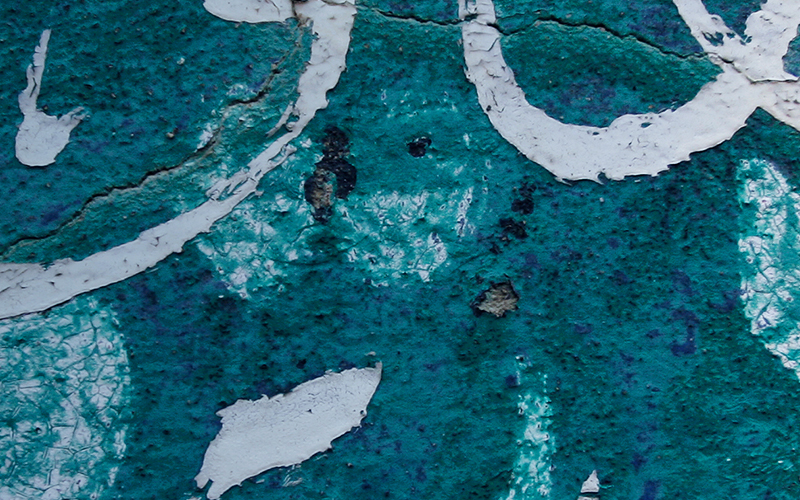commentary
Displacement-based Discrimination Impeding Access to Personal Documents
Ten years after the launch of Operation Dignity, the Eastern Province in Libya continues to host a significant number of internally displaced persons (IDP) communities.















